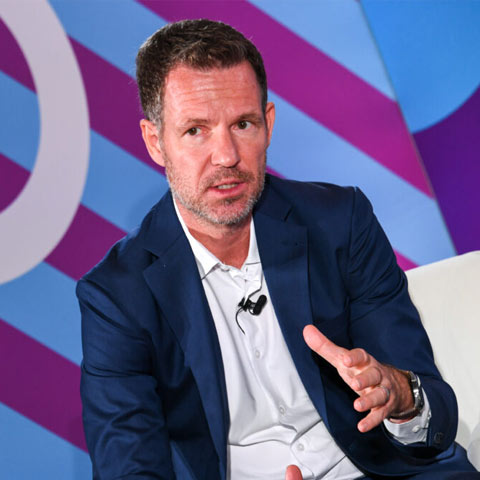Is it time for retailers to go cashless?


Speaking to Business Insider, Mark Barnett, the president of MasterCard in the UK and Ireland, says that he believes that in five years time cash will be practically extinct in the UK and Ireland. With healthy eating chain Tossed opening the first cashless restaurant in London earlier this month and Waitrose introducing their first cashless store, is it only a matter of time before retailers go cashless?
There are numerous advantages of running a cashless store - the first is efficiency. Without consumers having to spend that extra 20 seconds finding the exact cash in their pocket or waiting for the cashier to give them their change, cashless checkouts can help speed up the paying process which can minimise queues. Vincent McKevitt, founder of Tossed, noted that the effect cashless payment had on efficiency was particularly noticeable during lunchtime, when most operators face speed and capacity issues.
Moreover, cashless payments could also help retailers save money by eliminating the costs of handling cash. Sage reports handling cash costs UK retailers £17.8 billion annually when security, fraud, and theft are factored in. Adding to this, cashless stores could help minimise errors, as Sage Pay’s Payments Landscape Report revealed that 52% of the 1,100 retailers surveyed said that cash is the most error-prone payment method.

However, this isn’t to say that retailers should be throwing away their tills and turning away any customer that attempts to pay for a Twix with a 50p coin - in eCommerce, giving customers the choice to buy where they want and how they want is first priority, so it seems counterintuitive for bricks-and-mortar stores to remove a popular payment option as this could result in failed purchases and irritated customers.
Although electronic payments overtook cash payments by volume in the UK in 2014, the majority of UK consumers do still use cash. A recent report from the Co-operative Food revealed that 65% of all of their transactions are paid for with cash, and the Bank of England reported that cash is still the most commonly used payment method for “spontaneous payments” (when goods and services are purchased at the point of sale, as opposed to “regular” payments which are made periodically and agreed in advance), accounting for 52% of these transactions. Moreover, there is little agreement between experts surrounding the future of cash - in contrast to Barnett, the Payment Council believes that cash will account for over a third of all consumer payments in 2024.

In summary, retailers must take careful consideration when deciding whether or not to follow Tossed and Waitrose in opening cashless stores. While retailers must innovate to stay ahead of the competition and satisfy customers, cashless stores are still a risk at this moment in time as they will almost certainly alienate some customers.
Want more like this?
Want more like this?
Insight delivered to your inbox
Keep up to date with our free email. Hand picked whitepapers and posts from our blog, as well as exclusive videos and webinar invitations keep our Users one step ahead.
By clicking 'SIGN UP', you agree to our Terms of Use and Privacy Policy


By clicking 'SIGN UP', you agree to our Terms of Use and Privacy Policy









